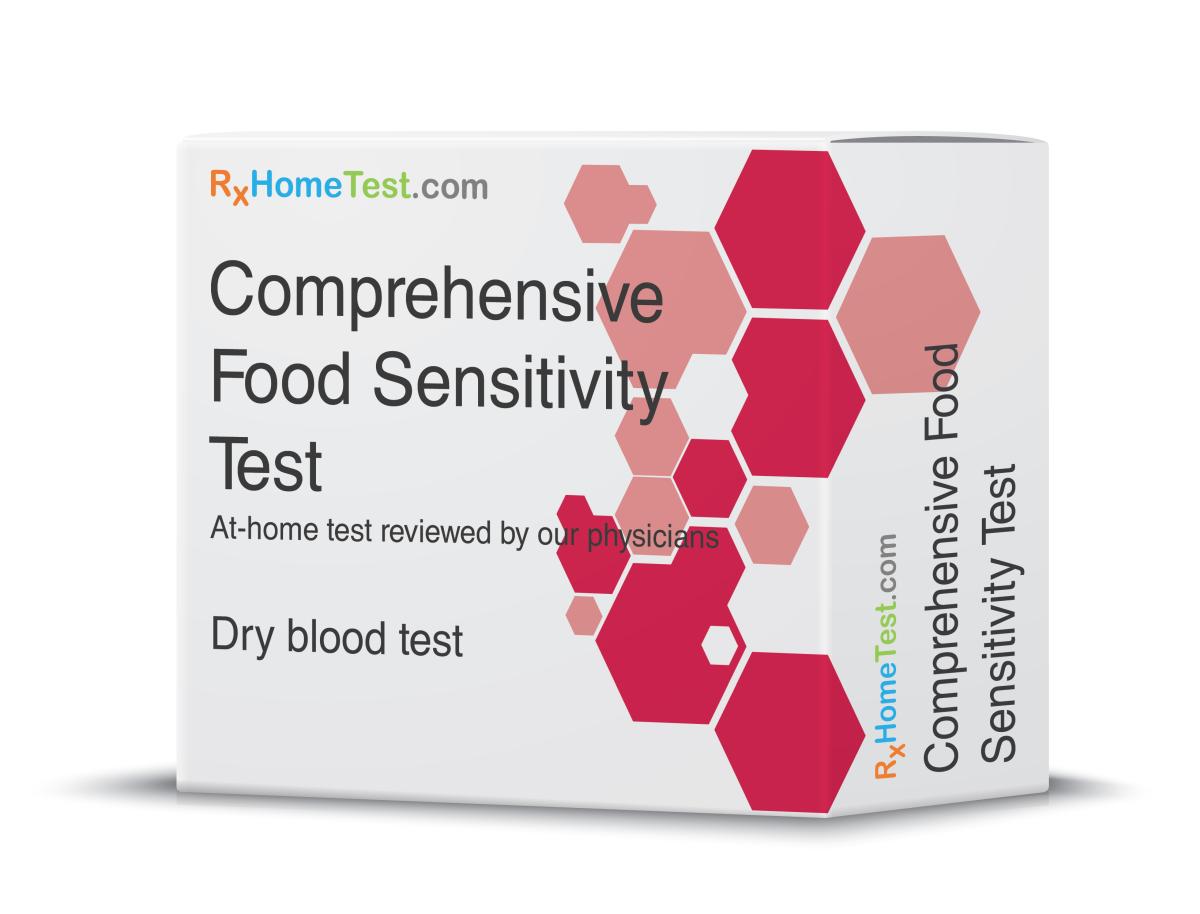
Food allergies start early in childhood, though immunity builds over time and most adults can eat almost any food.
Nevertheless, abnormal reactions to food may sometimes persist into adult life. These may be life-threatening food allergies or mild food sensitivities, or even genetic proclivities to certain foods, e.g., gluten intolerance in celiac disease.
Food allergies can be risky because the response to an allergy-inducing food is often immediate—almost within minutes.

In US, peanut allergy is notoriously common, especially among kids. Certain nuts and shellfish are well-known to cause serious allergic reactions. A 2003 study claimed that almost 3 million Americans were at the risk of peanut and tree nuts allergies—a significant volume to raise serious public health concerns.
Symptoms of reaction to food include red skin, rashes, swelling, and difficult breathing. They may even require a visit to the emergency room in rare and life-threatening cases of anaphylaxis.

Such allergic responses are due to a sudden overreaction of the immune system. It produces antibodies called immunoglobulin E (IgE) to fight the allergy producing allergen in the diet.
Antibodies are proteins that the body produces to build short and long term immunity. There are several different classes of antibodies. One that has gotten attention during the COVID-19 pandemic is immunoglobulin M (IgM). It is produced during the initial encounter with a new source of allergy and lasts for few days or weeks.
IgA and IgG antibodies stay longer to build long term immunity against the allergen.
In food sensitivity, reaction to a food might not cause an immediate response, but the body still develops an immune response. The cause is often lack of digestive enzymes.
This slow response causes wide variety of mild and non-life-threatening symptoms that include bloating, stomach discomfort, flatulence, itching, irritable bowl, hives, headache, migraine, fatigue, mouth ulcers, constipation, sinus congestion, irritability and mood swings.
Such food intolerance produces immunoglobulin A (IgA) and immunoglobulin G (IgG) in the mucous and intestinal lining. Both can be detected with a blood test.

Because intolerance to foods is not clearly understood, it can be difficult to diagnose. A food sensitivity test can help understand what foods might be causing these symptoms. A diet rotation plan, designed based on the results, can help confirm the results once the suspect foods are identified. Such a test looks for IgG and sometime IgA antibodies in a blood sample.
Some allergies are genetic and can be inherited. A common example is celiac, caused by allergy to gluten in wheat, barley, and rye grains. The disease, also called gluten-sensitive enteropathy, requires certain genes that produce antibodies which react with gluten. It can cause severe damage to the intestinal lining which prevents nutrient absorption.
Common symptoms include diarrhea, bloating, stomach cramps, constipation, fatigue resulting in long term impact on the body through malnutrition, anemia, and osteoporosis.
In celiac, symptoms are completely reversed when gluten is removed from the diet. Therefore, a gluten-free diet can help live a normal life. But very small amount of gluten, from contamination in regular food, can bring back the symptoms of celiac.
A celiac genetic test can help identify the genes. Families with history of gluten intolerance might find it valuable in assessing the genetic predisposition to celiac.
Another antibody called tissue trans-glutaminase (tTG) plays a key role in the disease manifestation. A tTG-IgA blood test is another common method to identify occurrence of celiac disease.

Celiac – FAQs - key facts about gluten intolerance.
The 5 Most Common Types of Food Sensitivities Among Adults - a short summary.
What is Celiac? History, Present and Genetic Risk - A detailed look at celiac.
Food Allergies vs Food Sensitivities - What's the Difference? - Learn more to spot the difference.
Sensitivity to Food – Allergy, Intolerance, and Celiac Disease - a comprehensive review.
Genetic Variants of Heart Disease - key genes responsible for a healthy heart.
All About Cortisol - a review of the stress hormone.
All About Vitamin D – review of symptoms and impact.